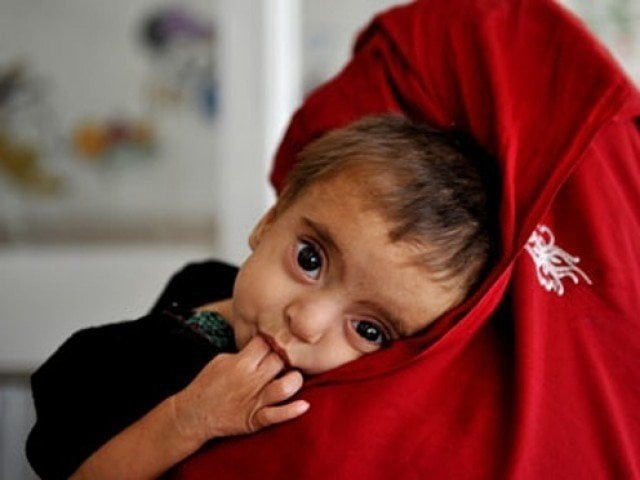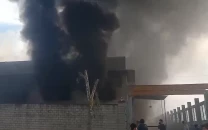SC hearing: Sindh health dept officials on toes to prepare answers
Secretary has directed heads of all public hospitals to submit reports to him

Secretary has directed heads of all public hospitals to submit reports to him. PHOTO: FILE
All district health officers in the province and the health secretary have hastened their efforts to compile health-related data from government hospitals. On Wednesday, the heads of 32 public hospitals in Karachi held an emergency meeting at the Sindh Secretariat, which was presided over by Health Secretary Fazlullah Pechuho. The secretary directed the heads to determine the number and amount of ambulances, beds, life-saving drugs, laboratories, doctors and paramedical staff at their hospitals along with details of funds.
The Supreme Court has summoned the heads of all government hospitals tomorrow (Saturday) at its Karachi Registry.
The meeting was attended by the heads of all public hospitals, urban health centres and primary healthcare centres. It was also attended by officers working in different districts of Sindh as well as Health Director-General Dr Ikhlaq Ahmed, Karachi Health Director Dr Tahir Aziz, Jinnah Postgraduate Medical Centre Executive Director Dr Seemin Jamali, Civil Hospital Medical Superintendent Dr M Taufeeq, the medical superintendents of the Sindh Government Qatar Hospital medical superintendent, Liaquatabad Hospital, New Karachi Hospital, Korangi Hospital, Government Saudabad Hospital and Abbasi Shaheed Hospital.
Pechuho instructed all administrative heads to submit records pertaining to health facilities at their institutions, including records of life-saving drugs, number of beds, availability of human resources and provision of funds by the government.
Sharjeel Memon's health 'deteriorates' in Karachi jail
The health secretary has provided guidelines to administrative heads of all the hospitals, informing them about the Supreme Court's summon to present records of the situations and facilities offered at the hospitals. Hence, all the administrative heads should also compile and submit a correct and detailed copy of the record to the health department.
Annually, the government adds 25% budget for government hospitals but does not increase the number of beds. The government also approves an SNE each year for installing new units at various hospitals but regardless of the allocation of millions of rupees, there is a lack of basic health facilities at the healthcare centers. Despite the added budget given to the administrative heads of the hospitals for the machines reparation, costly machines remain out of order while the bio-engineering instruments are useless at various hospitals.
The health department is in a regressive state even with all these measures. The X-ray units at several hospitals are out of order. Procedure X-ray facilities are also unavailable in Lyari as well in several other areas. The cardiac unit at the Sindh government Liaquatabad hospital is also inoperative.
After the court’s suo motu notice, senior officials in the health department have been running from pillar to post. The emergency units of several hospitals are being handed over to NGOs. Government hospitals are being given in public-private partnership on political grounds.
Presently, more than 40 medical centres in District Malir have been given to the Health and Nutrition Development Society, an NGO, while the Sindh Government Children’s Hospital has also been handed over to an NGO from Khyber-Paktunkhwa. The miserable situation at the government hospitals has compelled a majority of the people to go to private hospitals for treatment.


















COMMENTS
Comments are moderated and generally will be posted if they are on-topic and not abusive.
For more information, please see our Comments FAQ